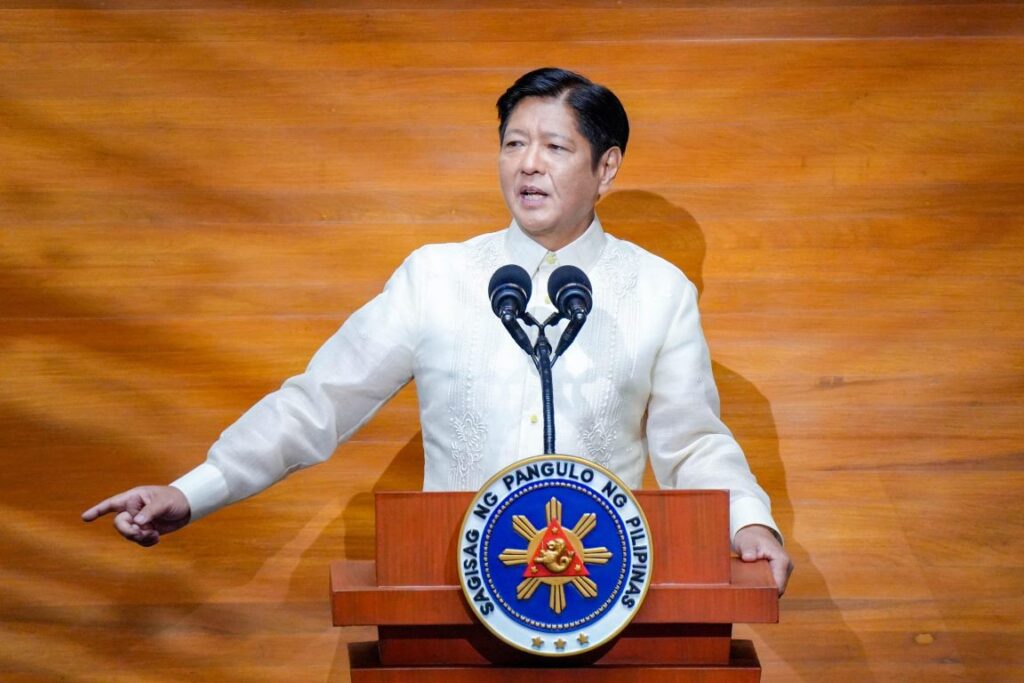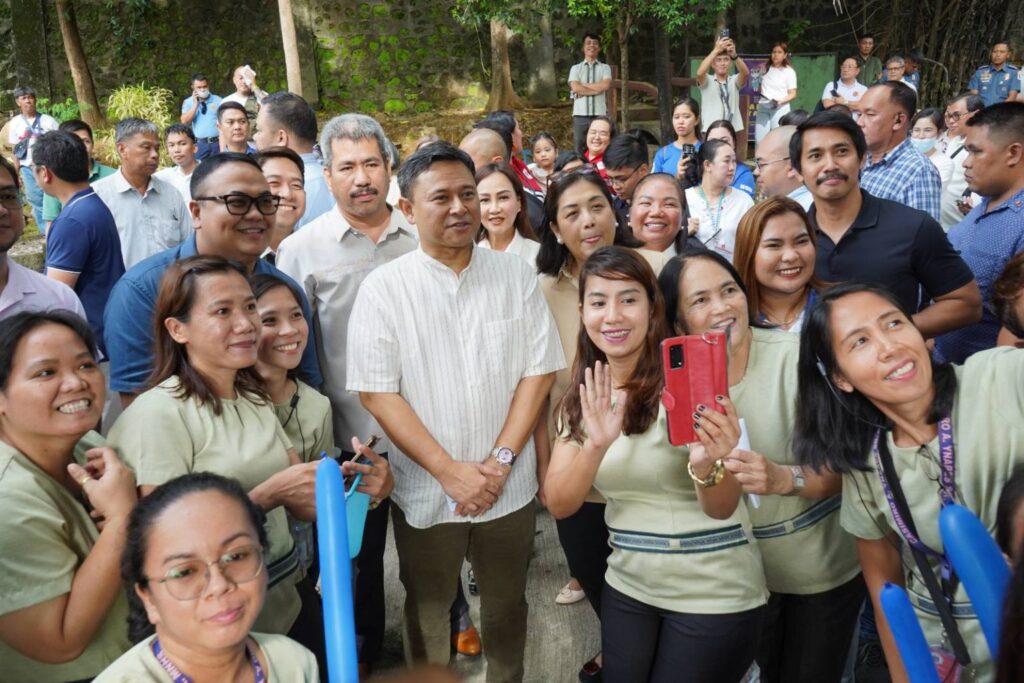A Grand Celebration of Teachers’ Contributions
As the nation celebrates National Teachers’ Day, the spotlight shines on the invaluable role educators play in shaping the country’s future. The grand culmination of the 2024 National Teachers’ Month (NTM) was held at the Smart Araneta Coliseum in Quezon City. President Ferdinand “Bongbong” Marcos Jr. and First Lady Liza Araneta-Marcos graced the event as guests of honor, alongside key figures such as Education Secretary Sonny Angara, House Speaker Ferdinand Martin Romualdez, and Quezon City Mayor Joy Belmonte.
With the theme “Together4Teachers,” this year’s celebration drew around 10,000 participants, including public school teachers, DepEd officials, and local government representatives. The event featured musical performances, raffle draws, and tributes to the nation’s educators.

In his address, President Marcos emphasized the essential role of teachers in the country’s educational recovery, saying, “Sa madaling sabi, kung talagang ninanais nating maging matagumpay ang hinahangad nating pagbangon sa larangan ng edukasyon, sila, ang ating mga guro ang dapat nating itaguyod at patatagin.” (In simple terms, if we truly wish to succeed in our quest for educational recovery, it is our teachers whom we must support and strengthen.)
Workload Rationalization and Overtime Compensation for Teachers
In line with the government’s commitment to improving the welfare of Filipino educators, Education Secretary Sonny Angara recently signed DepEd Memorandum No. 53, s. 2024, which outlines new guidelines for rationalizing teacher workloads and compensating overtime work. Under these new guidelines, teachers are required to teach only six hours per day, with up to two additional hours of teaching eligible for overtime pay. This adjustment aims to create a more balanced and sustainable environment for educators.

“By optimizing teachers’ workloads and providing fair compensation for additional duties, we are creating a more balanced and sustainable environment for our educators,” Angara noted, highlighting that these changes will ultimately benefit students by improving learning outcomes.
Teachers with less than six hours of teaching may be assigned teaching-related tasks, while those who exceed six hours will earn vacation service credits (VSC). The goal is to ensure transparency and fairness in managing workloads and compensating for overloads.
P26.9 Billion in Salary Differentials for Educators
Another significant move by the Department of Education (DepEd) is the release of P26.9 billion in salary differentials for eligible public school teachers and non-teaching staff, covering the period from January to August 2024. This adjustment, authorized under Executive Order No. 64, will be included in the September payroll. Several DepEd regional offices have already begun processing the payments, with full releases expected by the end of the month.
In a statement, DepEd Undersecretary for Finance Annalyn Sevilla emphasized that this move is part of the government’s efforts to address long-standing financial concerns among educators. The budget for these adjustments was approved in coordination with the Department of Budget and Management (DBM).

Doubling the Teaching Allowance: Kabalikat sa Pagtuturo Act
During the National Teachers’ Day celebration, President Marcos introduced the Kabalikat sa Pagtuturo Act, a landmark initiative that will double the annual teaching allowance for educators from ₱5,000 to ₱10,000, tax-free, starting in the 2025 school year. In addition, teachers will receive a medical allowance of ₱7,000 beginning in fiscal year 2025.
“In line with our commitment to support teachers, we are ensuring that you have the necessary resources and reduced non-teaching responsibilities, allowing you to focus on what matters most—teaching our students,” President Marcos said during the event.

Congress Pledges Support for Teachers’ Welfare
House Speaker Ferdinand Martin Romualdez also reiterated Congress’ dedication to improving the welfare of teachers. He pledged congressional support for higher salaries, better benefits, and more opportunities for professional development. Romualdez added that more classrooms, laptops, and computers would be provided to support educators and students in the coming years.
“Mas mataas na sahod, mga benepisyo, at mga oportunidad para sa patuloy na pag-unlad at pagsasanay ng ating mga guro,” (Higher salaries, benefits, and opportunities for continuous development and training for our teachers), Romualdez assured the crowd.
Comprehensive Initiatives for Teacher Well-Being
The Department of Education is also rolling out a comprehensive welfare and well-being policy to address the physical, mental, emotional, and financial needs of both teaching and non-teaching personnel. DepEd has announced plans to enhance the Program on Awards and Incentives for Service Excellence (PRAISE), create a mental health policy, and explore partnerships with PhilHealth for affordable healthcare access through the PhilHealth Konsulta Package.
Moreover, the department is exploring collaborations with the Department of Human Settlements and Urban Development (DHSUD) to develop housing projects for DepEd employees.
Teachers’ Concerns and Continued Advocacy
Despite the government’s efforts to improve teachers’ conditions, groups such as the Alliance of Concerned Teachers continue to highlight unresolved issues, including low wages, overwork, and limited funding for education. The government’s recent initiatives represent a significant step forward, but educators and advocates stress the need for sustained reforms to fully address the challenges faced by Filipino teachers.
A Celebration of Dedication and Commitment
As the 2024 National Teachers’ Day celebration concludes, the message is clear: Filipino educators are the backbone of the nation’s future, and their contributions must be honored, supported, and uplifted. Through ongoing reforms and initiatives, the government is making strides to ensure that teachers receive the recognition and resources they need to continue shaping the country’s next generation.
